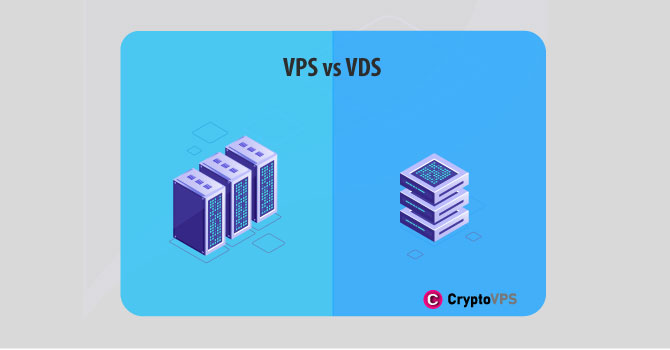VPS VS VDS . Which one is right for you?
When buying a virtual private server, you want to know what is the difference between VPS and VDS . At first glance, a VDS or Virtual Dedicated Server looks like a fancy label for a high-end VPS. This is not really the case VDS can be considered a VPS in some circles depending on who you ask. Virtualization technology is widely used by businesses around the world. Virtualization is nothing new. In fact, these technologies have been around for over a decade and have been developed by software vendors such as Microsoft and VMWare. Server virtualization is so advanced that some experiments show that virtualized servers can compete with servers made on bare metal. There are many differences between traditional VPS and professional hosting VDS.
VDS: Virtualization Server Instance Connected to a Single Server typically uses a dedicated server and distributes it to multiple virtual servers. All servers can be configured to have multiple VPS virtualization systems. The difference between VPS and VDS is simple. An example VDS contains all servers while a VPS is a server configured to host multiple servers. A VDS configuration essentially provides server support, but the virtualized process relies on the server itself. VDS can be easily confused with bare metal servers. A VDS is made up of all the servers that act as nodes in a hypervisor. Services in this manner can provide good organization with regular VDS hosting experience.
VPS: Virtualized Server Instance Sharing Server As described above, a virtual private server is just an instance server created by a hypervisor. To identify a server-based VPS, the hypervisor divides a single server into multiple servers. Examples of this type is purchased with the VPS plan. These capacities do not change because different VPS servers can be hosted on the same physical server. The virtualization process ensures that the VPS has the unique capabilities that were purchased. The difference between VPS and VDS is that VDS brings unique servers into the virtualization process where the VPS shares the main server with other private servers created on the same node.
What is best for you? VPS or VDS? The answer to this question depends on the needs of your organization. For memory and CPU heavy workloads, organizations may find it easier to let a dedicated server is not sharing memory or CPU capacity with other private servers in the box. . But If you have a small to medium sized business, you can start with a VPS to measure its performance. If your application fails, you can upgrade your VPS plan to a VDS. Because these services have stronger processing capacities, In CryptoVPS we provide VDS with dedicated CPU cores .


